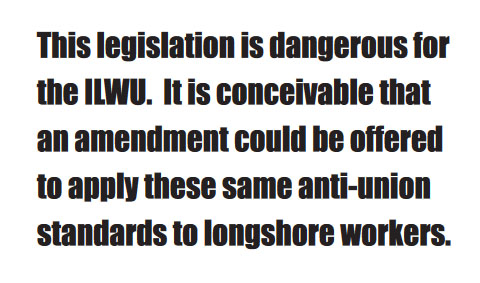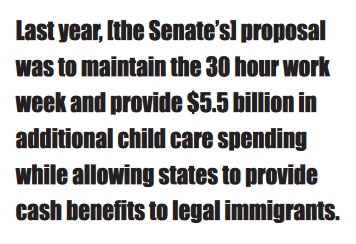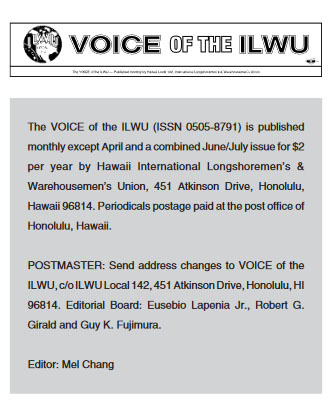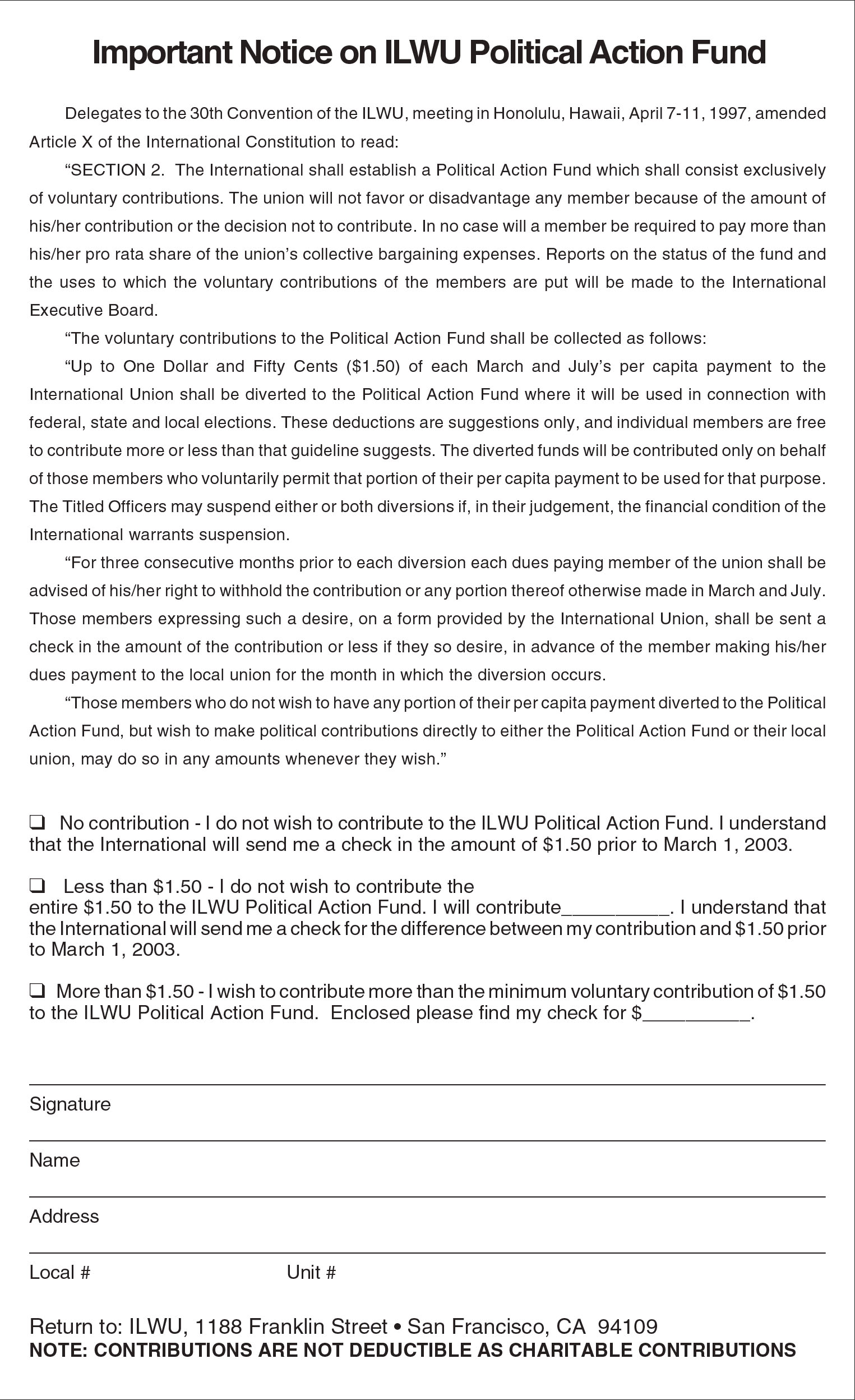Airlines are asking Congress to amend the federal law that governs airline labor relations to make it harder for unions to strike. The Air Transport Association, the industry’s largest lobbying group, is urging law-makers to revise the Railway Labor Act of 1926, the federal law that regulates the industry’s labor relations. Airlines, which have been struggling to regain profitability, say labor expenses are their biggest costs. If the ability to strike is limited by the federal government, it would
make it easier for carriers to win wage and work-rule concessions. Transportation unions said they were outraged by the effort and accused carriers of using their financial crisis to weaken unions. “It’s about getting the upper hand on their workers,” said Edward Wytkind, executive director of the Transportation Trades Department of the AFL- CIO, which represents35 transportation unions, including all of the airline unions. Airlines are one of the most unionized industries in the United States.

Last year, Senator John McCain (R-AZ) introduced a measure that would have changed the federal law by requiring that a panel of arbitrators quickly resolve disputes, effectively curtailing workers’ ability to strike. The measure did not pass. It would have eliminated the long cooling-off periods and require that labor disputes be referred to a small panel of arbitrators, which would have 30 days to select the proposal of the union or the company. The decision could be appealed only in limited cases and would be binding on both parties.
McCain is now Chair of the Senate Commerce, Science and Transportation Committee and airlines are hopeful that they can
get the federal transportation labor law rewritten. McCain has scheduled a hearing on the state of the airline industry. His staff
declined to comment on whether he would reintroduce the measure; however, union spokespersons said they were told McCain would do so next month. This legislation is dangerous for the ILWU. It is conceivable that an amendment could be offered to apply these same anti-union standards to longshore workers.
Welfare law is set to expire—what will happen?
One of the first issues before the 108th Congress will be the extension of the major provisions of the Welfare Law, which is set to expire on January 11th, 2003. The likely outcome is that the current law will be extended for several months while
Congress decides what to do. Last year, Congress failed to reauthorize the 1996 law that replaced more than 60 years of guaranteed public assistance with new work mandates and greater flexibility for states to operate their programs. The welfare program serves more than 2 million of the poorest Americans.

It is expected that House Republicans will propose legislation similar to what they offered last year. Their proposal would
increase the hours each adult recipient would be required to work from 30 to 40 a week and provide $1 billion in new mandatory child care spending.

The Senate approach is less certain. Last year, their proposal was to maintain the 30 hour work week and provide $5.5 billion in additional child care spending while allowing states to provide cash benefits to legal immigrants. The Senate Finance committee has a new chair, who did not support this approach. We will have to wait and see if anyone really cares about the poorest Americans.


